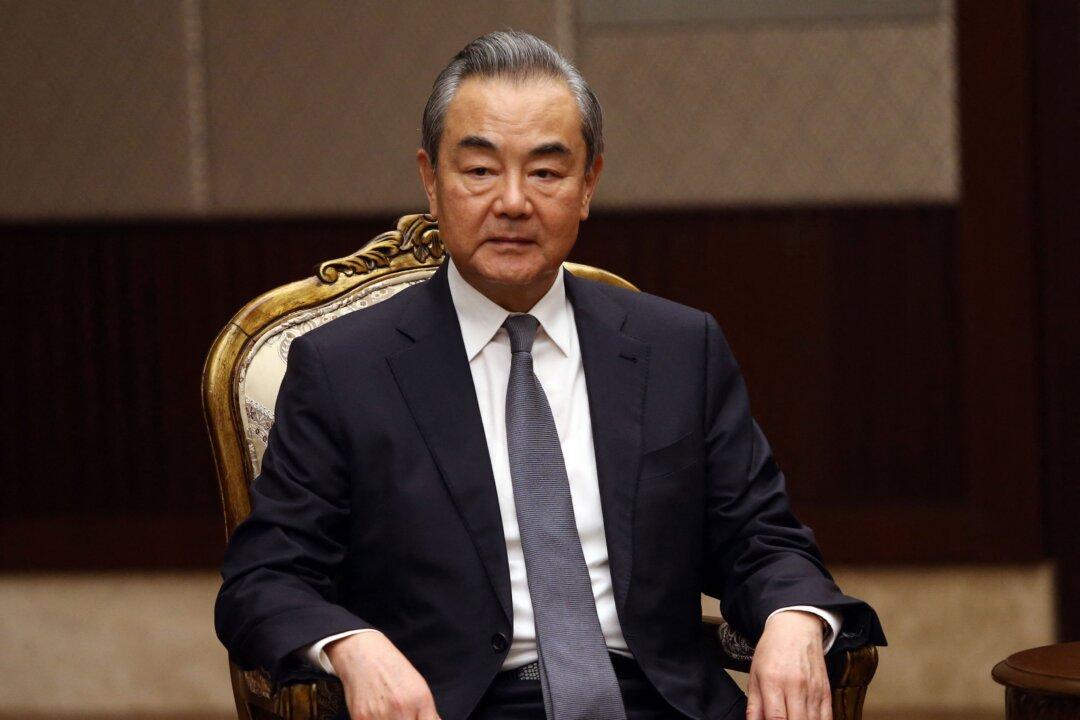The United States stated on Aug. 1 that new Chinese Foreign Minister Wang Yi has been invited for a visit, in an offer that had originally been made to Wang’s predecessor, Qin Gang.
The Chinese Communist Party (CCP) last week reappointed Mr. Wang as China’s foreign minister, a position he had held for 10 years until the end of 2022, after Mr. Qin was removed from the role on July 25, just seven months after taking the job and a month after disappearing from the public eye.





